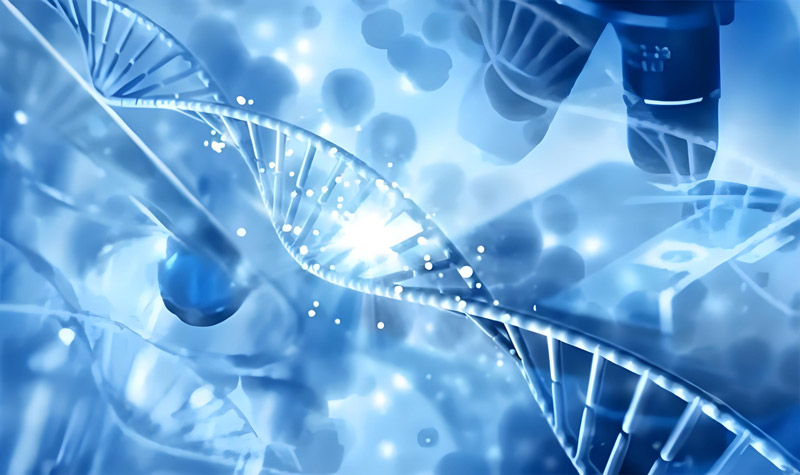While synthetic biology has great potential to innovate and solve global challenges, it also raises important ethical, safety and environmental issues.
As we get closer to creating engineered life forms with specific functions, these challenges become more urgent.
1. Biosecurity
One of the main problems in synthetic biology is the risk of unintended consequences.
When new organisms are created and released into the environment, they may outgrow natural species or have unforeseen ecological impacts.
Ensuring that synthetic organisms are controlled and do not pose a risk to ecosystems or human health is a key challenge.
For example, while engineered bacteria can help clean up oil spills, these bacteria can evolve or spread beyond their intended application in unexpected ways.
Having rigorous biosafety protocols in place is essential to prevent accidents and minimize ecological risks.
2. Biosecurity
Synthetic biology can also be misused for harmful purposes, such as the production of biological weapons.
The ability to engineer viruses, bacteria or other pathogens has raised concerns about malicious use by rogue states or individuals.
Governments and international organizations are working to establish regulatory frameworks and oversight to prevent the use of synthetic biology for dangerous or unethical purposes.
3. Intellectual property and access
With advances in synthetic biology, there is increasing concern about intellectual property and access to new technologies.
Many synthetic biology innovations are patented, which could limit access to life-saving technologies such as synthetic vaccines or gene therapies.
There are also concerns that private companies could monopolize the technology and reap unequal benefits.
Balancing the need for innovation with ensuring equitable sharing of technological advances in synthetic biology is a key issue for policymakers and the scientific community.
4. Ethical considerations
The ability to create and manipulate life raises profound ethical questions.
What are the moral implications of creating entirely new forms of life?
Should there be a limit to how much man can change the natural world?
These ethical dilemmas are at the forefront of the debate surrounding synthetic biology, particularly in the context of gene editing and human health applications.
Some critics argue that synthetic biology represents too much human control over nature, while supporters argue that the potential benefits - such as curing genetic diseases or solving environmental crises - justify pursuing the technology.
5. Environmental issues
Synthetic biology has the potential to solve environmental problems, but it can also create new risks for ecosystems.
If synthetic organisms escape into the wild, they could disrupt existing ecosystems or evolve in ways scientists hadn't anticipated.
Monitoring and regulating these technologies is essential to minimize harm to the environment.





